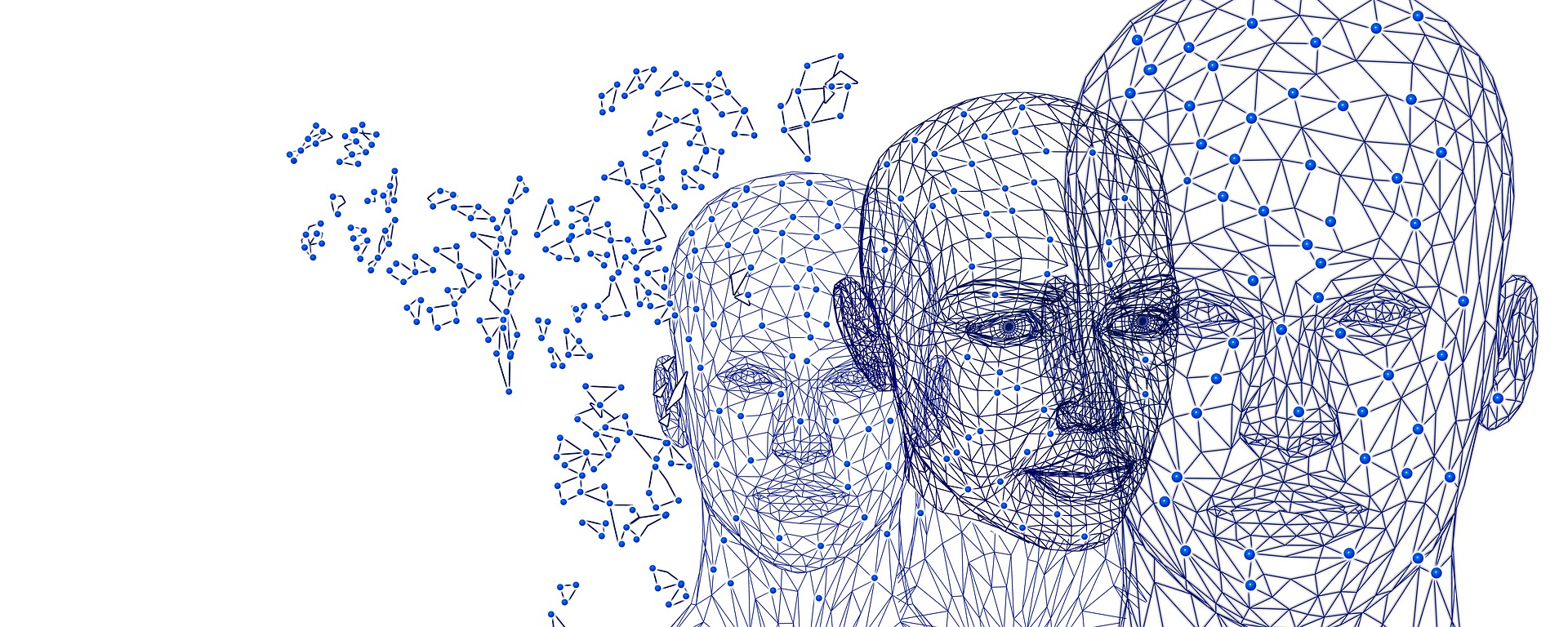Chapter title: Helplines for problem gambling worldwide: What do they do and whom do they reach?
Author: Anne H Berman, Ph.D.
Affiliation: Uppsala University, Uppsala, Sweden
Author: Angelica Arillo, M.Sc.
Affiliation: Karolinska Institutet, Stockholm, Sweden
Author: Anna Berntsson, M.Sc.
Affiliation: Karolinska Institutet, Stockholm, Sweden
Author: Simone Rodda, Ph.D.
Affiliation: University of Auckland, New Zealand
Author Biographies:
Anne H Berman, Ph.D., is a Professor of Clinical Psychology at Uppsala University, and an affiliated research group leader at Karolinska Institutet. Her research focus is on assessment and low-threshold digital treatment of addiction and mental health issues within a behavioural medicine perspective. Her overall research goal is to reduce the treatment gap, which arises when people with signs and symptoms of mental health issues – including problematic addictive behaviours – do not recognize that their problems can be assessed and treated, and do not seek help. Her main research focus concerns university students with mental health issues and digital interventions for adults with problematic addictive behaviours. She has authored over 100 publications, including over 90 peer-review articles, 4 books and 10 book chapters. Clinically, she has worked as a psychotherapist in addictions for 10 years, followed by four years as director of the Swedish National Helpline for problem gamblers and their family members. Through her longstanding interest in behavioural medicine, she has produced a Massive Online Open Course (MOOC) on behavioural medicine, KIBEHMEDx, available without cost on Canvas (earlier edX). She is currently President of the International Society of Behavioral Medicine (ISBM).

Angelica Arillo completed her MSc degree in clinical psychology in June 2020, with the content of this chapter as the focus for her thesis. She is currently an intern in clinical psychology, after which she will be licensed to practice in Sweden.
Anna Berntsson completed her MSc degree in clinical psychology in June 2020, with the content of this chapter as the focus for her thesis. She is currently an intern in clinical psychology, after which she will be licensed to practice in Sweden.
Simone Rodda. My research uses theory to solve real-world social problems. It concerns the question of how people think about addiction and why and how they engage in behaviour change. Spanning a number of areas including implementation intentions, goal setting, self-regulation, self-control and help-seeking I am particularly interested in developing interventions that are accessible to sub-clinical populations. I am the founder of the Change Strategies Project (www.changestrategies.ac.nz) which investigates implementation planning and goal setting for reductions in alcohol, internet pornography, internet gaming, overeating, sugar, gambling and caffeine. The underpinning program philosophy is self-determination theory and interventions developed to especially bridge the intention-behaviour gap.

